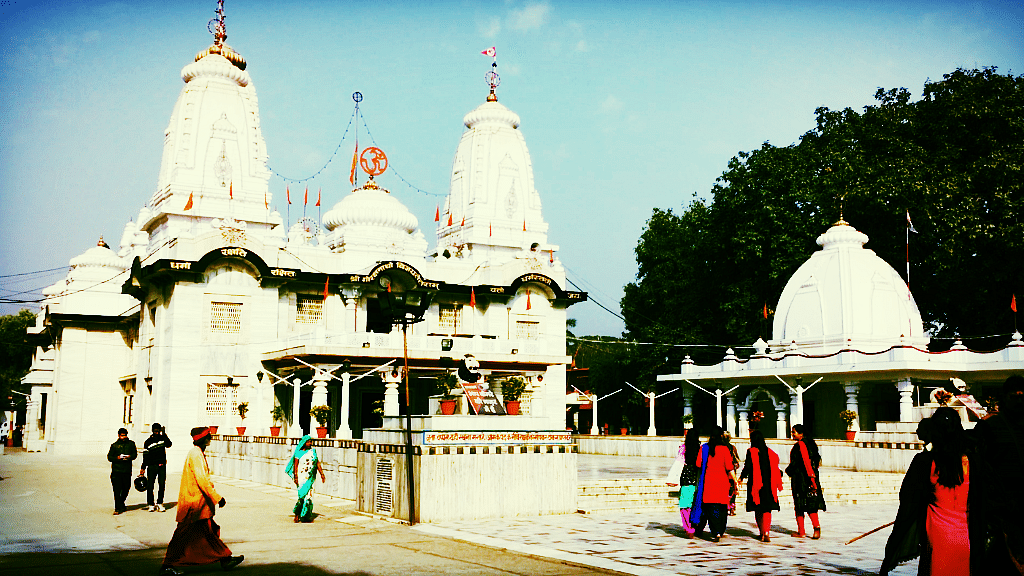Gorakhnath Temple: Three Generations of Priests Bound By Politics
From Mahant Digvijay Nath to Yogi Adityanath, Gorakhnath temple has always been a hotbed of political activity.

A new political capital is on the rise in Uttar Pradesh.
With Yogi Adityanath as the Chief Minister of Uttar Pradesh, Gorakhnath temple in Gorakhpur is becoming the centre of attention. But the temple has always been a hotbed of political activity with a long tradition of priests becoming politicians; from Yogi Adityanath to Mahant Digvijay Nath. Here's a quick explainer on the history of the Gorakhnath temple.
1. How did Gorakhnath Temple Get Its Name?
The history of Gorakhnath temple can be traced back to Guru Gorakshnath, an 11th century Yogi of the Nath Sampradaya. The Nath tradition is a Shaivite tradition within Hinduism, and was founded by Guru Matsyendranath. The Gorkhas in Nepal also followed the Gorakshnath and so, the Gorakhnath Math has two temples; one in Nepal, and one in Gorakhpur. Gorakhnath and his path of Nath is believed to be against the caste system and the idol worship.
2. Mahant Digvijay Nath: Ram Janmabhoomi and Hindu Mahasabha
Gorakhnath temple turned political with the entry of Mahant Digvijay Nath in politics. He entered politics by joining Congress in 1921, and was reportedly arrested for being an active participant in the Chauri Chaura violence. In 1937, he joined the Hindu Mahasabha.
According to Krishna and Dhirendra Jha’s book Ayodhya: The Dark Night, Digvijay Nath ‘exhorted Hindu militants to kill the Mahatma’ a few days before Gandhi’s assassination. For priests at Gorakhnath mandir, the Ram temple in Ayodhya has been a recurring issue. Mahant Divijay Nath is said to be at the forefront of the Ram Janmbhoomi movement in 1949. He remained with Hindu Mahasabha till his death in 1969.
3. Mahant Aviadyanath: BJP and Gorakhnath Temple
Yogi Adityanath’s predecessor was the first elected MLA as an independent candidate in 1962. In 1970, he became an MP from Gorakhpur, and later in 1989, as a Hindu Mahasabha candidate. After joining BJP, he was elected the MP of Gorakhpur in 1991 and 1996. Just like Mahant Digvijay Nath, the Ayodhya movement was the focus of the political involvement of the Mahant. This involvement led to a slow transformation of Gorakhnath temple from a syncretic space to a hard-core politically, right wing space.
4. Khichdi, Served with Social Service
Every year on the eve of Makar Sakranti, the beginning of the Hindu year, thousands of devotees, even from neighbouring Nepal, visit the temple to offer khichdi and attend the month-long fair. The temple trust also runs more than two dozen schools and colleges, and hospitals in and around Gorakhpur.
(At The Quint, we are answerable only to our audience. Play an active role in shaping our journalism by becoming a member. Because the truth is worth it.)